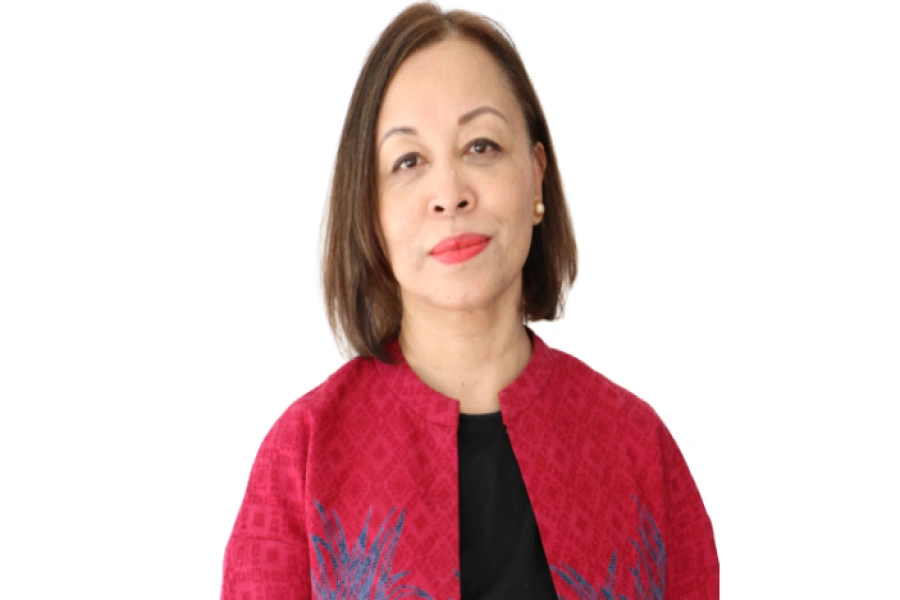Kashmiris struggle for self-determination is firmly rooted in the hearts and minds of millions of Kashmiris and has survived the worst kinds of oppression
Every year, Pakistanis all over the world observe February 5 as ‘Kashmir Solidarity Day’—a designated day to express a feeling and a sentiment that the whole Pakistani nation nurtures 365 days a year.
This year, Kashmir Solidarity Day marks six months since August 5, 2019 when India announced its decision to revoke the special status of Indian Occupied Kashmir (IOK) in violation of the international law and several UN Resolutions.
For the rest of the world, the period between August 5, 2019 and February 5, 2020 was just another six months. But for millions of Kashmiris, these were 184 days of pain, fear and agony, yet another painful chapter in the decades long blood stained history of Kashmiris’ struggle for freedom marked by killings, curfews, phone and internet shutdown, night raids, arrests and large scale arbitrary detentions. The National Federation of Indian Women, which visited IOK, put the number of detained Kashmiris at 13,000.
Solidarity for Dr KC Alliance stages demonstration in support o...

Events since August 5 last year bears a strong link to the past, and need to be seen in that context. They are built upon the oppression against the people of IOK that started over 70 years ago. Present finds its context in the past, and gives a clue to what the future will be like.
Present day Kashmiri youth is the third generation of those valiant people who had stood against the forces of oppression to fight for their right to decide their future. That right which is rooted in their demography, history and culture is promised to them by the United Nations. UN Security Council Resolution of 21 April 1948 says that the future of Jammu Kashmir is to be determined “through the democratic method of a free and impartial plebiscite”. This was followed by several other similar resolutions adopted by the Security Council in subsequent years.
Fast forward seven decades, and on August 5, India “unilaterally” revoked Jammu Kashmir’s special status, in utter violation of the international law and the Security Council Resolutions. Three days later, on August 8, UN Secretary General called for restraint on “taking steps that could affect the status of Jammu and Kashmir”, adding that “the position of the United Nations on this region is governed by the Charter of the United Nations and applicable Security Council resolutions.” His words echoed the obvious. Since August 5, Jammu Kashmir dispute has remained under the UN Security Council discussions, after a gap of several decades.
In all these decades, while a lot has changed, a lot has remained the same. Among what has essentially remained the same is the centrality of the UN resolutions granting the people of Jammu Kashmir the right of self determination. That is of pivotal importance in understanding Kashmir dispute. Time has repeatedly shown that non-implementation of these resolutions is the problem and their implementation, the only solution. That, in short, is what the Kashmiris’ struggle is all about.
Kashmiris struggle for self-determination is firmly rooted in the hearts and minds of millions of Kashmiris, generation after generation, and has survived the worst kinds of oppression. In last three decades, more than 100,000 innocent men, women and children have been martyred by the occupation forces. Remember the European Parliament’s July 2008 resolution that called for investigations into the issue of mass graves that were found in IOK. That resolution had also condemned the unlawful killings, enforced disappearances, torture and rape since 1989. And alongside all these atrocities, recall the images of that Muzaffarabad Chalo rally in 2008, whose strength is measured more conveniently in millions than in hundreds of thousands.
For those who do not find time to go through detailed reports, the title of Amnesty International’s 2019 report suffices. The title reads “Tyranny of A ‘Lawless Law’: Detention without Charge or Trial under the Jammu and Kashmir Public Safety Act.” It echoes Amnesty’s earlier report of 2011, which was captioned, “India: ‘A Lawless Law’: Detentions under the Jammu and Kashmir Public Safety Act”. The tyranny continues and so does its condemnation by the freedom and peace loving people of the world.
UN Office of the High Commissioner on Human Rights’ Report of June 2018 says that while “Indian-Administered Kashmir has experienced waves of protests in the past—in the late 1980s to early 1990s, 2008 and 2010—this current round of protests appears to involve more people than the past, and the profile of protesters has also shifted to include more young, middle-class Kashmiris, including females who do not appear to have been participating in the past.
The policy of brutal suppression as a tool to suppress legitimate voices and deny Kashmiris’ their rights has not worked. The biggest testimony of failure of such an approach lies in the presence of close to a million security forces in IOK today, turning IOK into the most heavily militarized place in the world. Deployment of over 700,000 security personnel in IOK, now for decades, to which 180,000 were added ahead of New Delhi’s August 5 decision, cannot be explained in any way without acknowledging the insuppressible nature of decades-old widespread indigenous public resolve for freedom. Reality is too big to be hidden under words.
Repeating the same experiment without changing the parameters, and then expecting different results, is a classic example of an irrational approach. History of oppression in IOK with impunity goes back to decades and so does the Kashmiri freedom struggle with ever increasing commitment, vigor and zeal. And, as in the past, this year too, over 210 million Pakistanis would renew their commitment to their Kashmir brothers and sisters in their freedom struggle, with an ever greater faith in its success.
The author is ambassador of Pakistan to Nepal




































